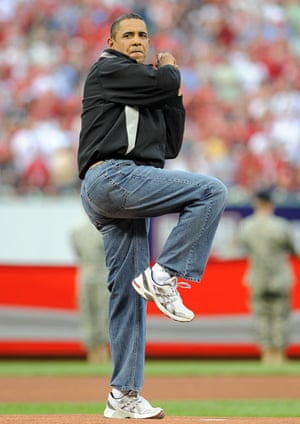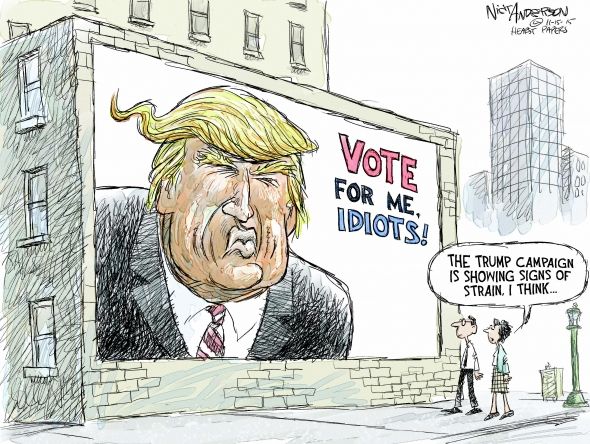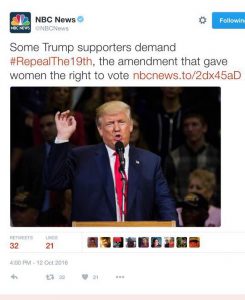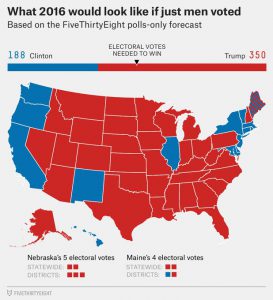Donald Trump has proven once again that he represents the exact opposite of a working-class individual. Recently, the release of his 1995 tax records (or lack there of) has come to show something that is unusual to tax-paying, working-class people. The release of Trump’s 1995 tax return shows that Donald J. Trump declared a $916 million loss on his 1995 income tax returns, a tax deduction so substantial it could have allowed him to legally avoid paying any federal income taxes for up to 18 years according to the records obtained by the New York Times. Tax experts have stated that the filing of Trump’s apparent $916 million loss could be to cancel out his equivalent of taxable income for the past 18 years. This means that for almost two decades, Donald Trump has not known what it means to perform one of the major duties of a working-class individual in America.
Every working member of society knows the feeling of excitement when you receive your first paycheck only to be let down about ten seconds later when you see that a percentage of your hard-earned money goes to taxes. Not only do these taxes reach the federal and state level, but they also go towards funding programs like Medicare and Medicaid. If Donald Trump did in fact evade these civic duties, then is it even fair to consider him good representation of the working-class.
Due to his lack of compliance to comment on the subject, he left many voters confused. Does this mean he admits to the accusations? Since he probably does not do his own taxes was he aware of what was going on? Trump’s lack of rhetoric in this sense leads voters to believe that he might be hiding something. Usually, Trump is very vocal, opinionated, and quick to respond. With a lack of response on this subject, voters will probably be suspicious about Trump and his distrust among voters will probably grow. This should occur for voters to realize that maybe he is not a man of his word, or rather the words he tweets blasting others for evading taxes.









